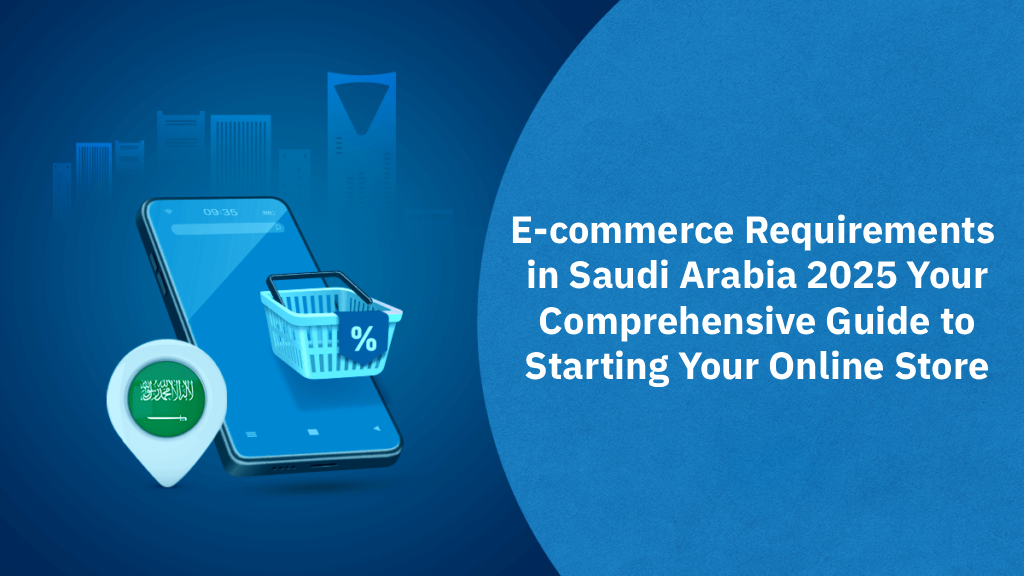E-commerce has become one of the fastest-growing business models in the world. Whether you’re an entrepreneur starting your first online store or an established brand expanding your digital presence, understanding the key e-commerce requirements is crucial for building trust, ensuring compliance, and achieving long-term success.
In this guide, we’ll cover the most important legal, technical, and operational requirements every e-commerce business must meet before launching.

E-Commerce Requirements
1. Legal Requirements
Before starting an online store, you must ensure your business operates legally. This includes:
- Registering a legal entity (such as an LLC or sole proprietorship).
- Obtaining necessary licenses or permits based on your country’s regulations.
- Complying with e-commerce laws, including data privacy, refund policies, and consumer protection regulations.
2. E-Commerce Website Essentials
Your website is your storefront — it must be professional, secure, and easy to use.
Key elements include:
- A user-friendly interface and responsive design.
- SSL certification to ensure secure transactions.
- Clear navigation and detailed product descriptions.
- Fast loading speed to enhance customer experience and SEO performance.
3. Secure Payment Gateways
Offering safe and convenient payment options builds customer confidence.
Recommended practices:
- Integrate trusted payment gateways (Visa, MasterCard, PayPal, Stripe, etc.).
- Provide multiple payment methods, such as credit cards, digital wallets, and bank transfers.
- Use fraud prevention tools to protect transactions and customer data.
4. Logistics and Shipping
Reliable shipping is essential to ensure customer satisfaction.
Focus on:
- Partnering with trusted courier services.
- Offering real-time tracking for orders.
- Providing clear shipping and return policies.
5. Marketing and SEO
To attract visitors and increase sales, your store needs strong online visibility.
Effective marketing strategies include:
- Search Engine Optimization (SEO) to rank higher on Google.
- Social media marketing to engage your audience.
- Email marketing and remarketing campaigns to boost customer retention.
6. Customer Service and Support
Excellent customer service builds loyalty and trust.
Make sure to:
- Offer 24/7 customer support through live chat or email.
- Create a comprehensive FAQ section.
- Respond quickly to complaints and inquiries.
7. Data Protection and Cybersecurity
Protecting customer information is a legal and ethical obligation.
- Use secure hosting and regular system updates.
- Store customer data safely and comply with GDPR or local privacy laws.
- Train your staff on cybersecurity best practices.
FAQ: Common Questions About E-Commerce Requirements
Do I need a business license to sell online?
Yes, most countries require you to register your business legally before selling products or services online.
What are the most important legal documents for e-commerce?
Key documents include terms and conditions, privacy policy, return/refund policy, and shipping policy.
How can I make my e-commerce website more secure?
Use SSL encryption, secure payment gateways, and keep your website software updated regularly.
What is the best way to attract customers to my online store?
Focus on SEO optimization, social media marketing, and providing an excellent shopping experience to encourage repeat purchases.
How can I ensure smooth logistics and delivery?
Work with reliable shipping partners, offer transparent tracking, and clearly communicate delivery times and costs.
Conclusion
Building a successful e-commerce business goes beyond selling products online — it requires compliance, security, and a customer-first approach. By following these essential requirements, you’ll create a sustainable and trustworthy online store capable of growing in today’s competitive digital market.
Contact us to Book a free consultation .